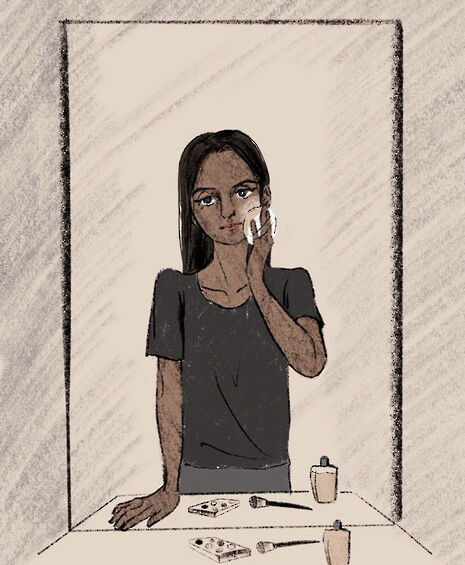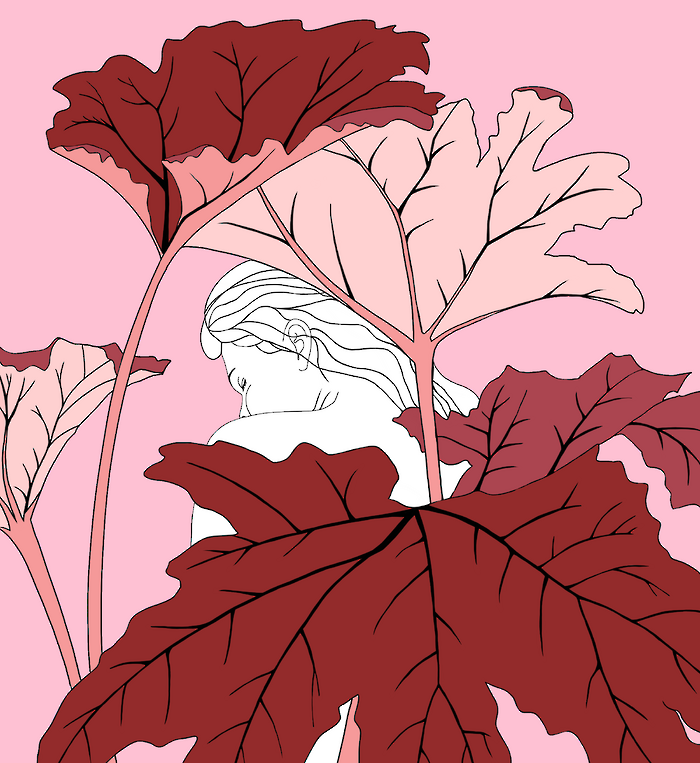“If you’re from Kashmir, why aren’t you whiter?”
Our standards of beauty have been corrupted by colonialism, and I don’t see them recovering any time soon, writes Inaya Mohmood

The experiences of people of colour are often homogenised by the media. This isn’t to say that it’s always malicious; but the world of print and broadcast media isn’t the most diverse, and so, more often than not, a singular narrative of the ‘BME experience’ is pushed without any acknowledgements made about the nuances of our experiences and how there is no single issue that affects us all in the same way.
Colourism, and the difference in experience between light- and dark-skinned people of colour — is an example of this. To speak broadly, if you’re light skinned, you’re physically more palatable as a person of colour to white society. You conform more to Eurocentric standards of beauty and, as a result, face less racism than darker-skinned people of colour do. On the other hand, there’s also the issue of fetishisation, and the unhealthy cultural obsession with ‘mixed babies’ that social media has helped to perpetuate.
Being a dark-skinned person of colour brings further challenges, since colourism is an issue that takes place within communities of colour as well. Among the more longer-lasting impacts of colonialism has been the fundamental change in ideas about beauty within the Global South.
I’m from Kashmir, a region in Pakistan known for its light-skinned and green-eyed people. A lot of my family have these features: my own sisters, for example, have skin that is a lot lighter than mines. But this isn’t something I’d have thought twice about, if it wasn’t for comments by others within the Pakistani community.
I am learning to embrace myself
Where I grew up, the idea of me being different simply because I was ‘brown’ was far more pertinent than me being different because I was ‘dark brown. I remember when I was asked, ‘If you’re from Kashmir, why aren’t you whiter?’ Again, it wasn’t malicious, but It made me think about people from my own community lacked an understanding of just how their words fed into the cycle of colourism and the insecurities that it gave rise to. After all, there’s more to being Kashmiri than having light skin. My dark skin didn’t make me any less Kashmiri than my sisters.
Growing up, I knew that being darker skinned wasn’t going to work in my favour. While my sisters were complimented on their lighter eyes and fairer skin, I was busy applying foundations that were two shades lighter than my skin tone and then protesting that ‘they don’t make foundation for my skin colour!’ whenever school friends asked me why my face and neck didn’t match. This shattered the illusion I had created for myself — up until then, I really did think I was fooling everyone. In hindsight, it was also a key turning point in how I saw myself. It pushed me to start learning to embrace my skin tone.
At university, I’ve seen the same problem of colourism in the BME community, despite it being so much more diverse and varied than the one I grew up in. Once, I announced that I thought I’d caught a tan and my friend replied with, ‘no, you’re beautiful.’ She meant well, but it made me start to think again about our standards of beauty, about how corrupted they’ve become, and how I don’t see them ever recovering from the histories of colonialism and imperialism that have shaped how people of colour measure themselves against Western ideals.
Sadly, I don’t think we’ll be the generation that solves colourism. Even though I and others like myself all know that the preference for lighter skin is rooted in colonialism, we all still grew up in communities that have internalised it and passed on this message to generations after generations. I am learning to embrace myself, but until we reach a stage where normative beauty standards become flexible enough to allow people of colour and all of our features into the fold, I know I’ll always be hyper aware of my dark skin.
If I could go back and speak to the younger me who always clocked if the darkest person in the room, who bought foundations lighter than her skin tone, and who spent so long feeling insecure in the skin she was in, I’d tell her that she’s beautiful. Then I’d tell her that she is kind, intelligent, sweet, and funny, and that these qualities mean so much more.
 News / Deborah Prentice overtaken as highest-paid Russell Group VC2 February 2026
News / Deborah Prentice overtaken as highest-paid Russell Group VC2 February 2026 Fashion / A guide to Cambridge’s second-hand scene2 February 2026
Fashion / A guide to Cambridge’s second-hand scene2 February 2026 News / Downing Bar dodges college takeover31 January 2026
News / Downing Bar dodges college takeover31 January 2026 Comment / College rivalry should not become college snobbery30 January 2026
Comment / College rivalry should not become college snobbery30 January 2026 Lifestyle / Which Cambridge eatery are you?1 February 2026
Lifestyle / Which Cambridge eatery are you?1 February 2026









